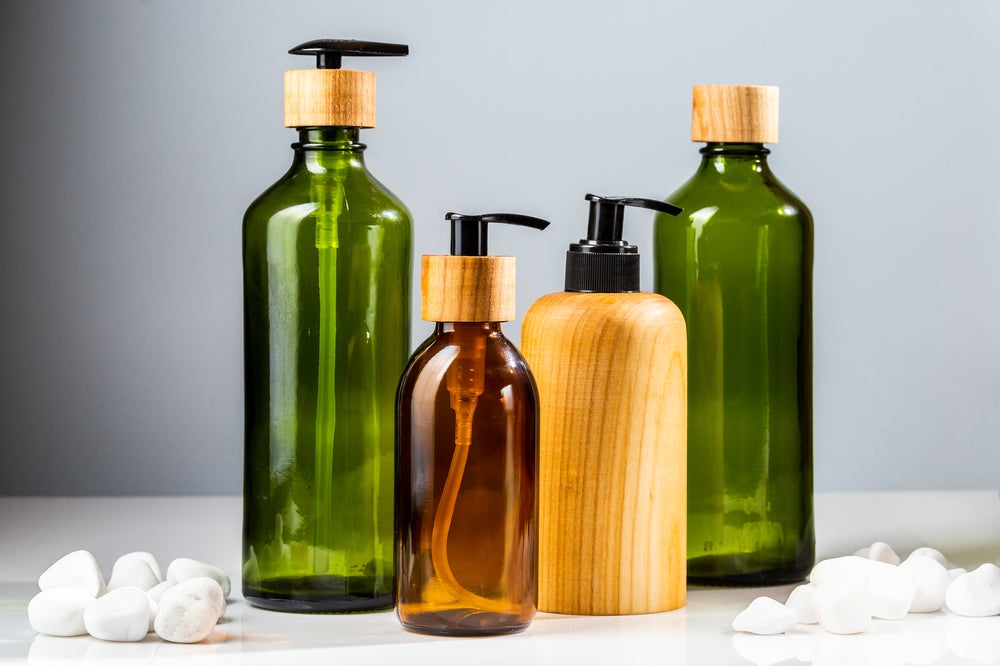
Experts warn that the world’s oceans are currently burdened with more than 171 trillion pieces of plastic, and this number could triple by 2040 if urgent action is not taken.
Single-use plastics and packaging waste are identified as major contributors to plastic pollution, prompting consumers and governments to seek innovative, sustainable solutions from brands.
One promising avenue is refillable packaging, which the United Nations believes could reduce global plastic pollution by up to 80%.
In response to growing consumer interest, major consumer-packaged goods companies are adopting various approaches to implement refillable packaging.
Unilever’s pre-filled refillable packaging for cleaning products
Unilever has embraced the concept of pre-filled refillable packaging, offering consumers a convenient way to purchase refills both in-store and online. These pre-filled products not only minimise single-use packaging but also reduce the use of virgin plastic.
Concentrated refills, such as Unilever’s Cif eco-refills, provide an eco-friendly solution by offering a 10x concentrated formula for home cleaning products.
This initiative has already removed 1.5 million plastic bottles from UK supermarkets, allowing customers to reuse their spray bottles multiple times. Unilever’s eco-refills are also designed to contribute to the circular economy, using 75% less plastic and being 100% recyclable.
While this model works well for liquid products, it may not be suitable for all product types, necessitating different refill systems, which could potentially confuse consumers.
Nestlé’s Zero-Waste Solutions through refillable vending machines
Brands are exploring “no packaging” solutions as a zero-waste alternative, even outside of traditional store settings.
Nestlé has experimented with self-service refill vending machines for its Koko Krunch and Milo cereal brands, garnering positive feedback in Indonesia.
Moreover, reverse vending machines that accept reusable packaging have gained traction. Customers purchase a reusable container with a small deposit, which is refunded upon returning the container to the vending machine.
Although tracking returned containers has posed a challenge, technological advancements like Confidex’s RAIN RFID tags are making it easier for users to receive refunds for returning reusable takeaway food packaging at large events.
At-home refillable packaging: Milk & More and Coca-Cola’s collaboration
To make reusable packaging more accessible and convenient, some brands are exploring at-home refill models.
Grocery doorstep delivery service Milk & More, in partnership with Coca-Cola, has introduced a trial programme for delivering, returning, refilling and reusing Coca-Cola Zero Sugar glass bottles directly to customers’ homes.
Customers can simply leave the empty glass bottles on their doorstep for collection, and each bottle can be reused up to 20 times before being recycled.
Furthermore, Milk & More’s fleet of delivery vehicles is powered by electricity from renewable sources, ensuring minimal carbon footprint from deliveries.
While this approach may require economies of scale for smaller brands to reduce operational costs, its success could open up new opportunities for e-commerce retailers to adopt refillable packaging.




